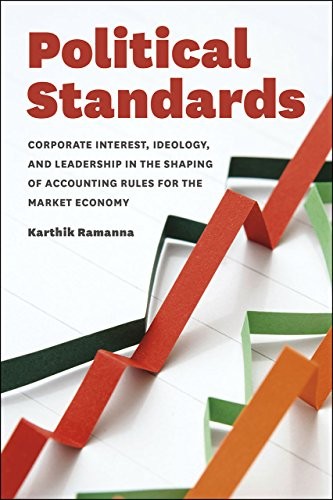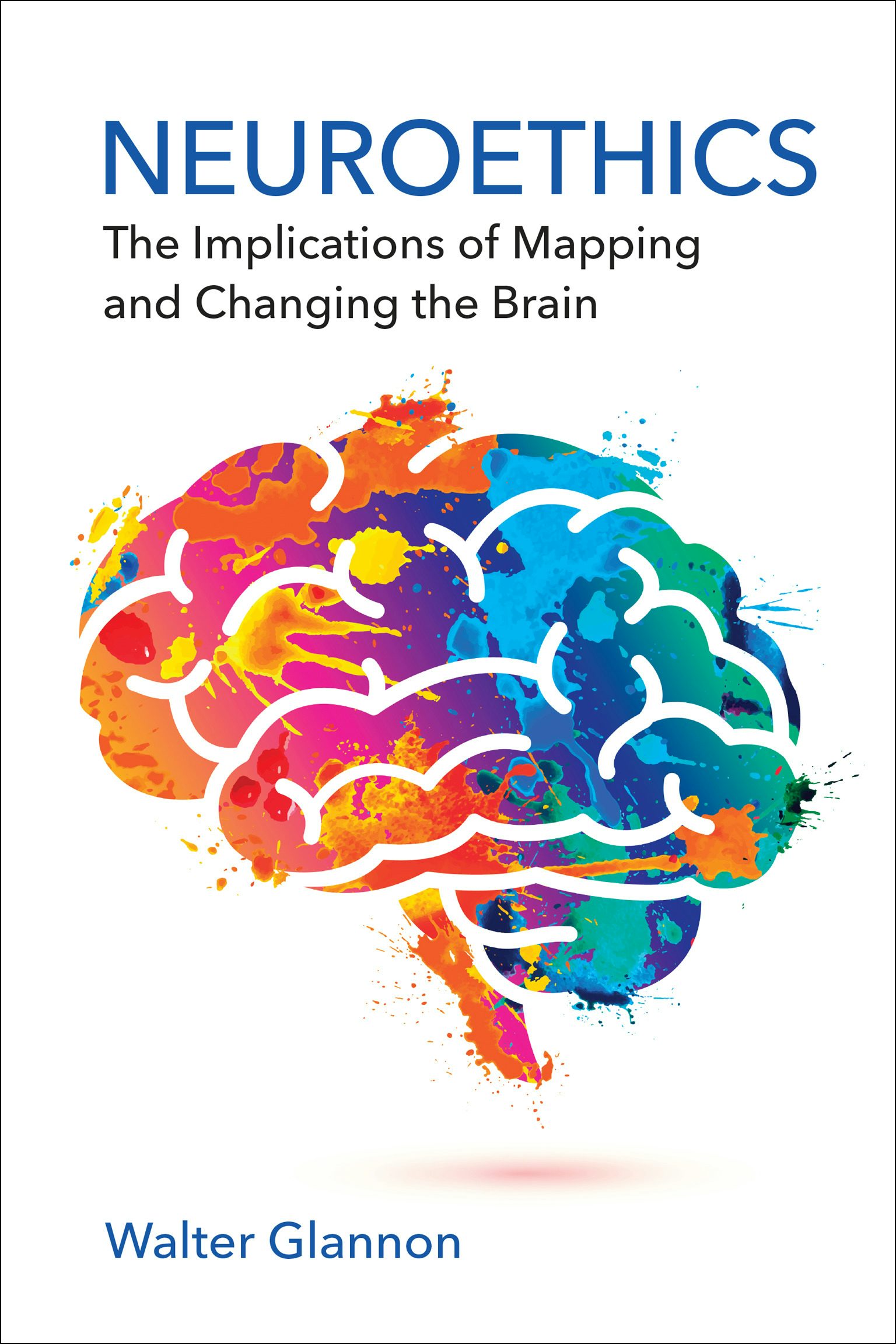Ben Waber reviewed Behemoth by Joshua B. Freeman
A Fascinating, Globe-Spanning History
5 stars
This book is an incredible examination of the history of factories, from their conception prior to the industrial revolution to the present day. Freeman spends time reviewing the forces driving the origins and modifications of the factory system, the experience of working in them, and their influence on companies and society more broadly. Given their importance both as a workplace and as a driver of modern life, this book is an important contribution to our larger understanding of how this important organizational form operates. Highly recommend









